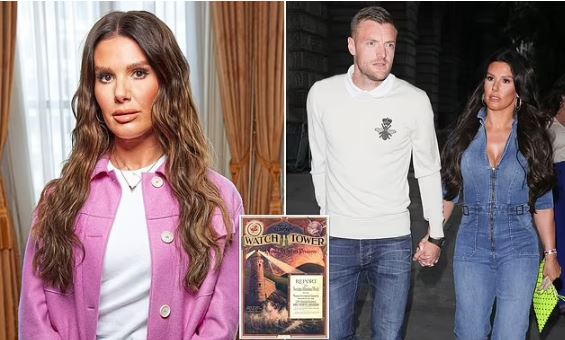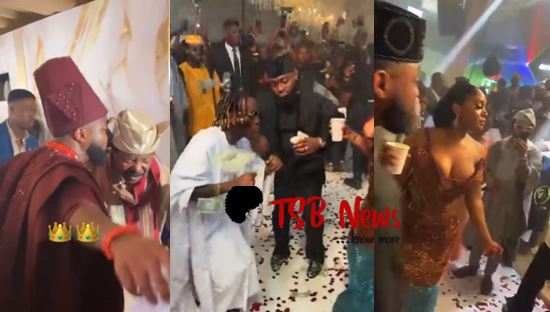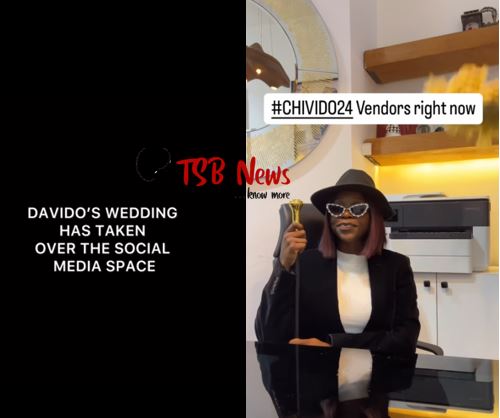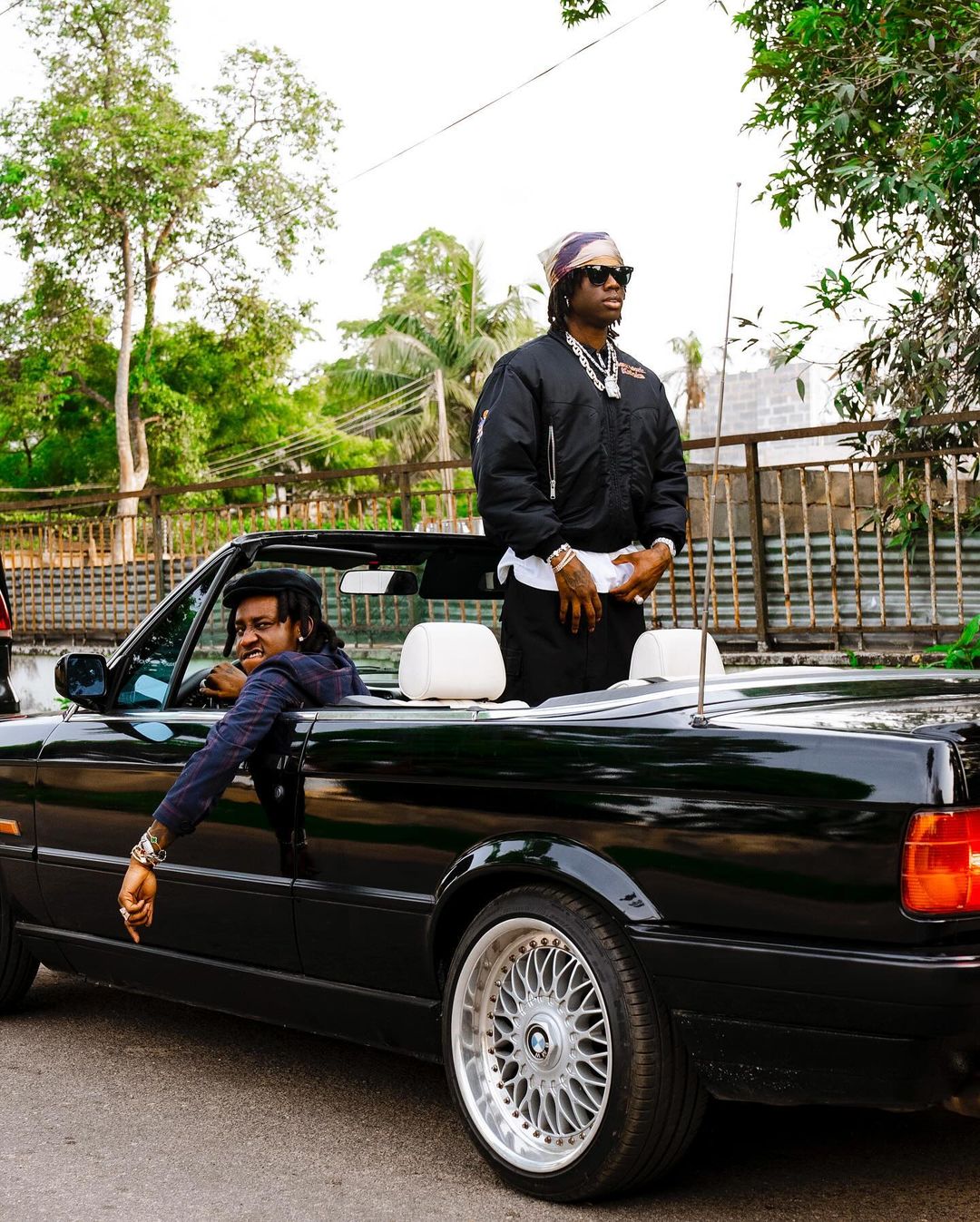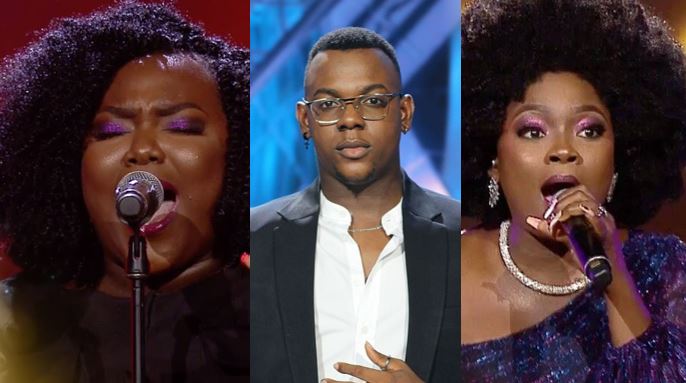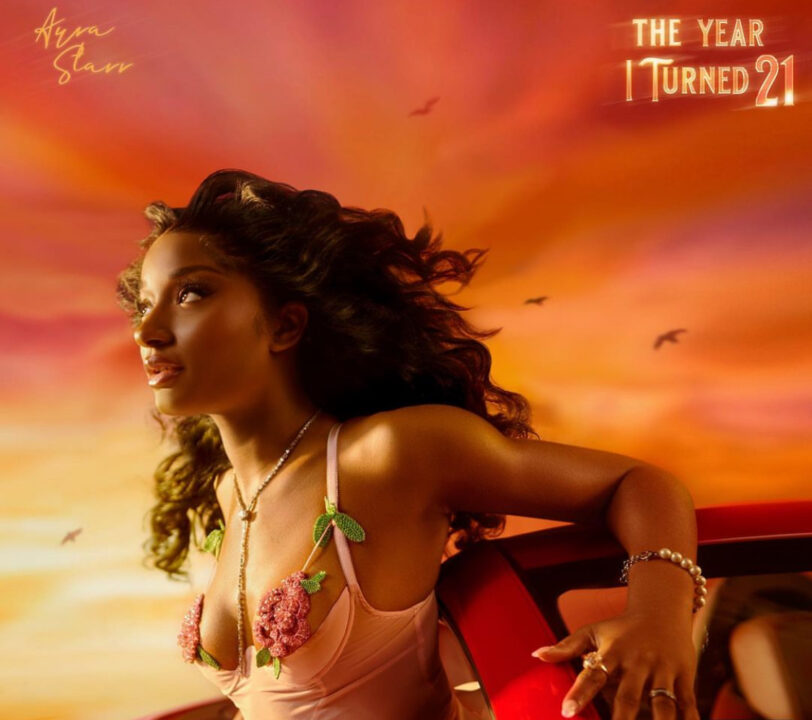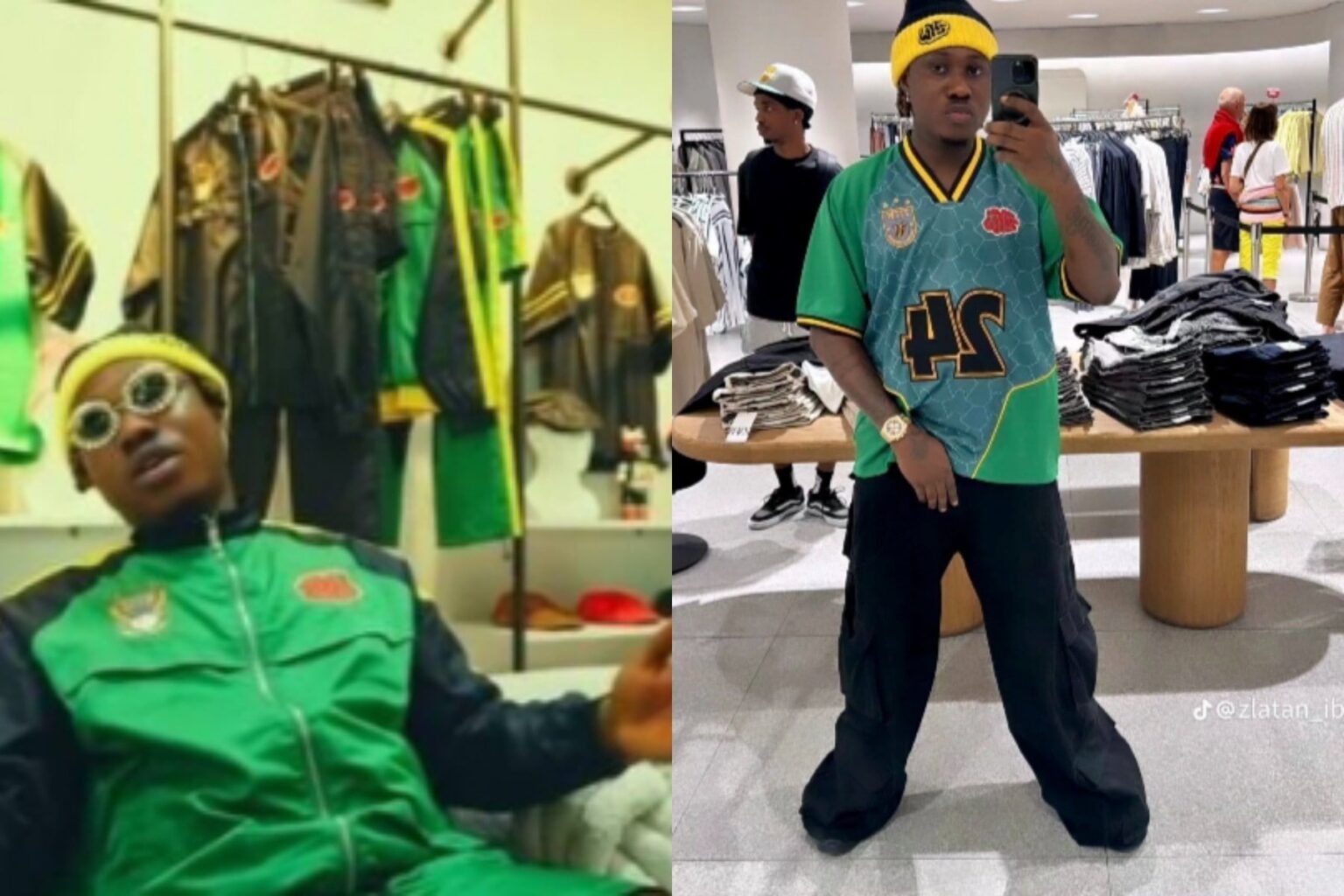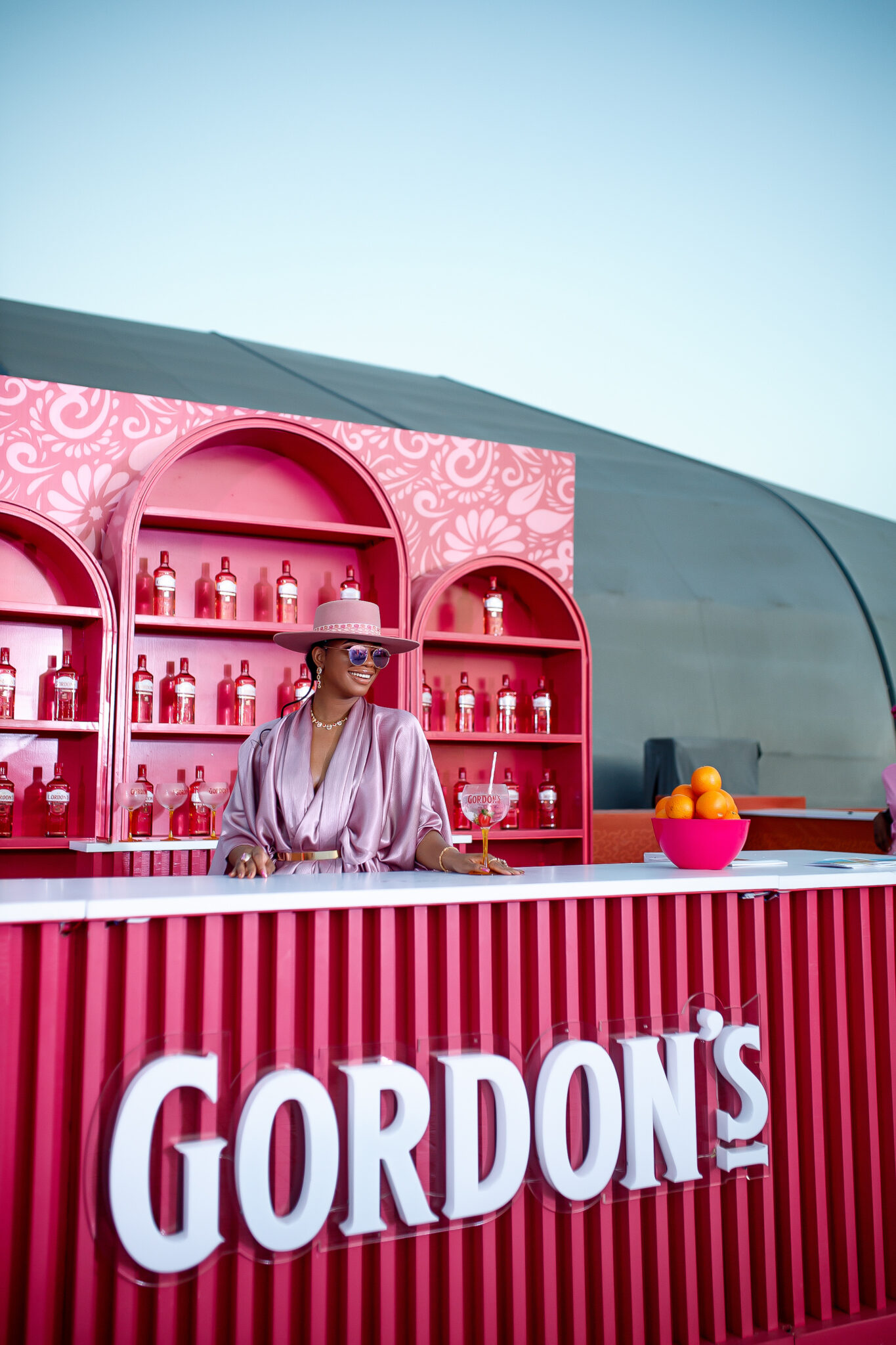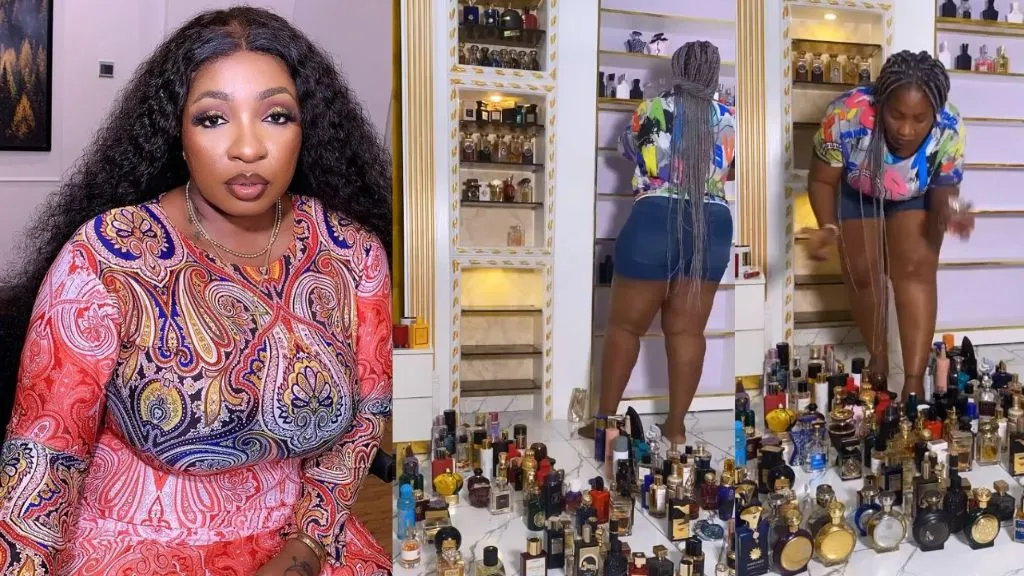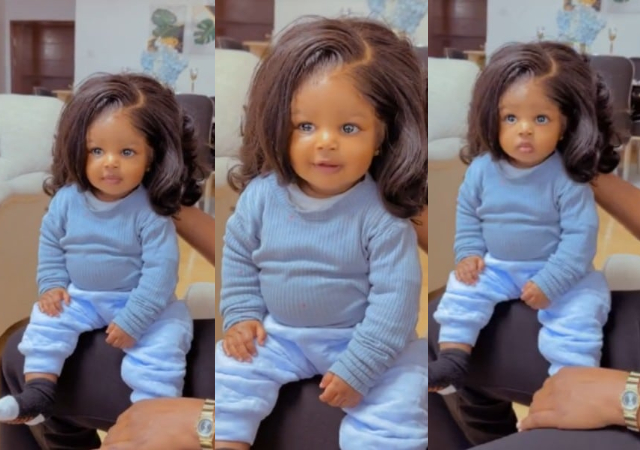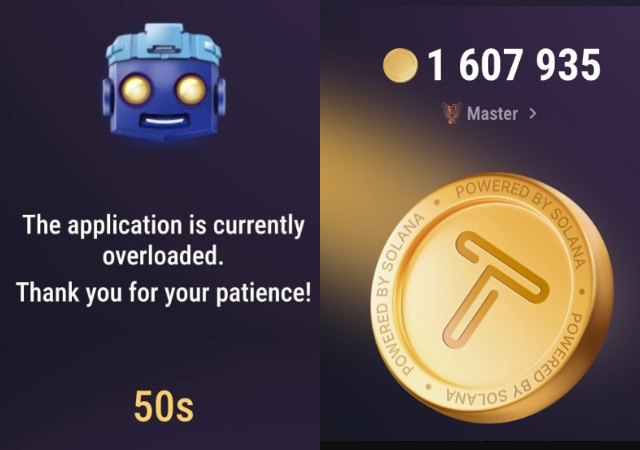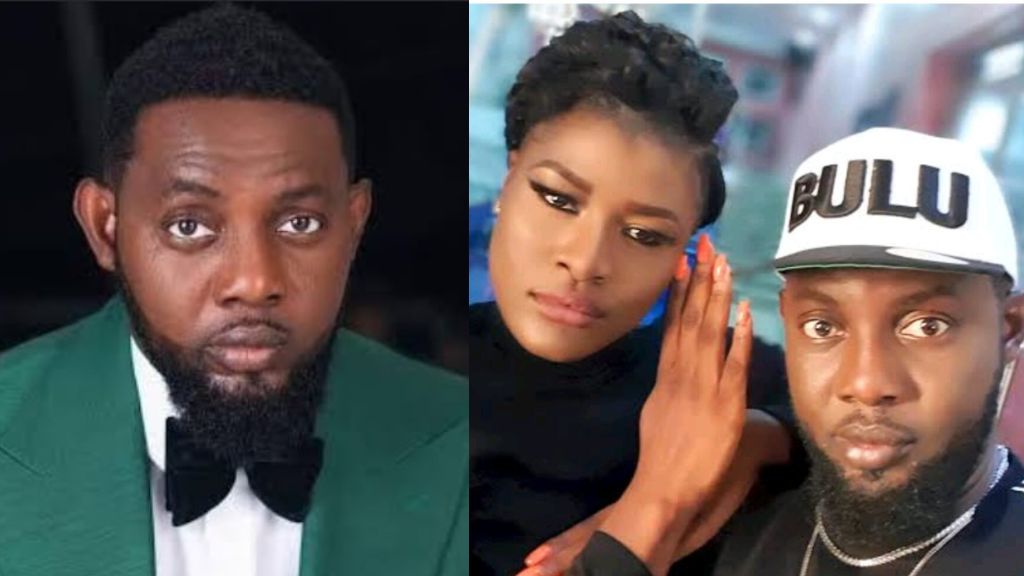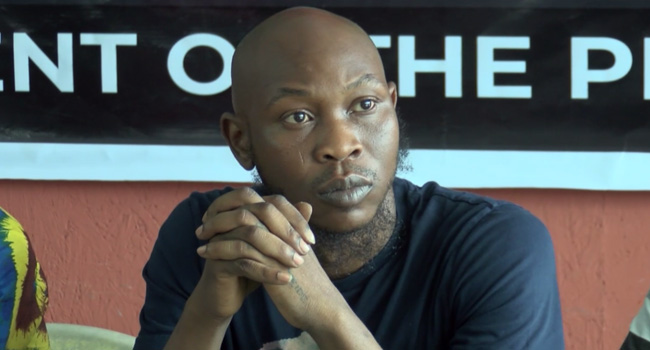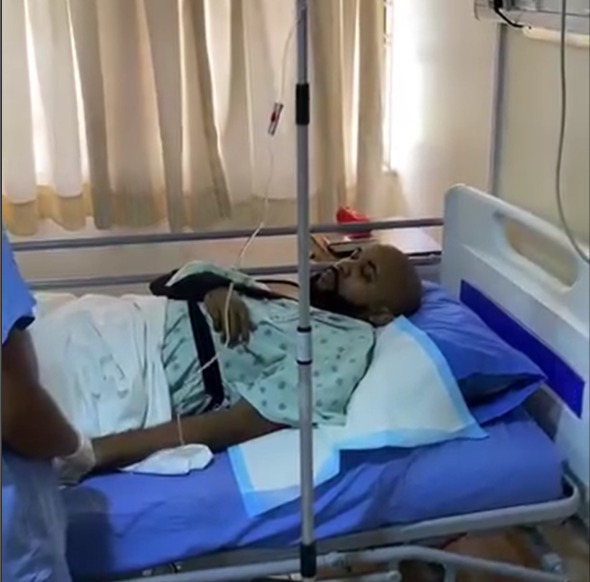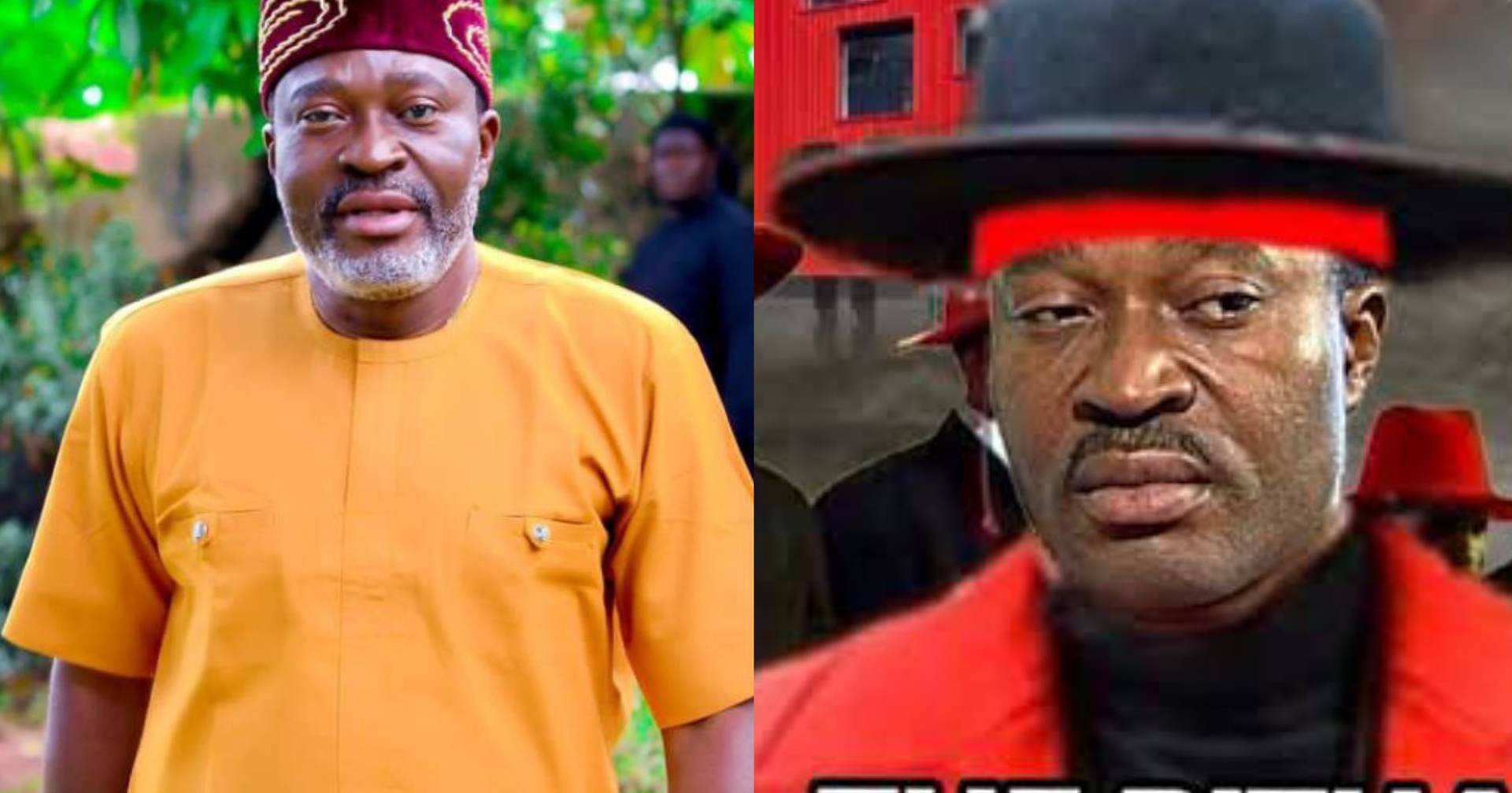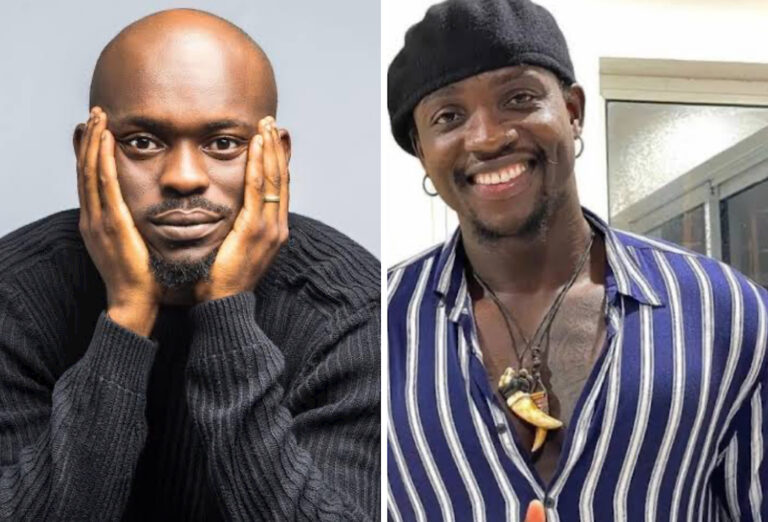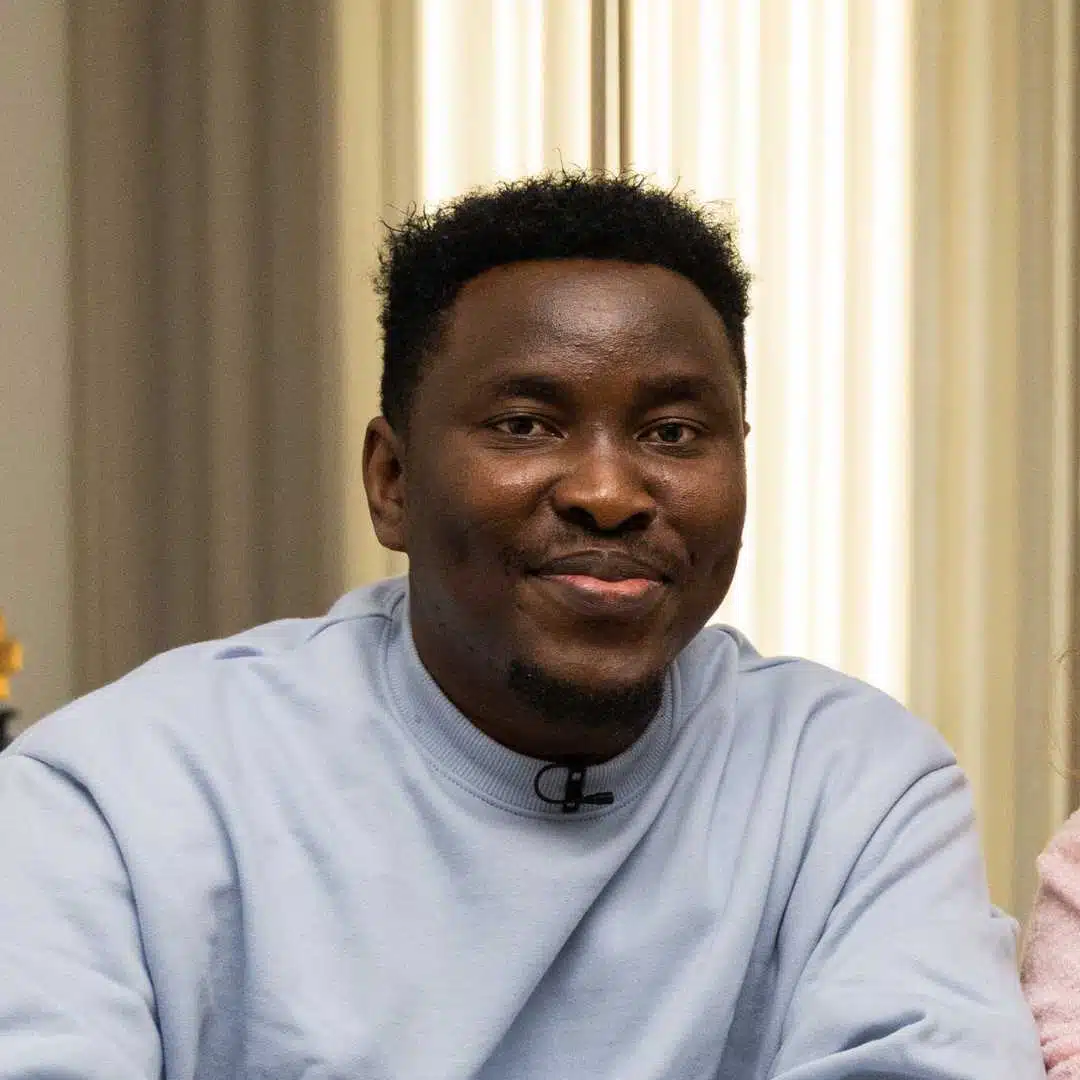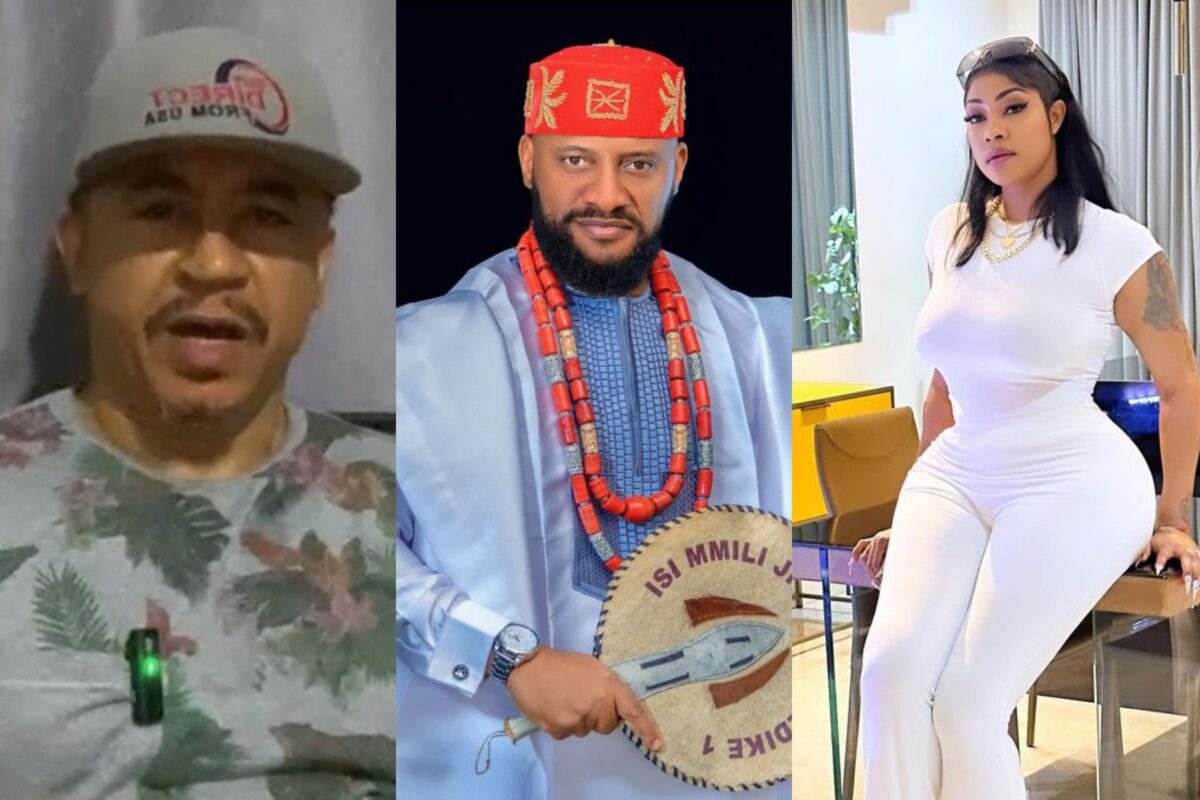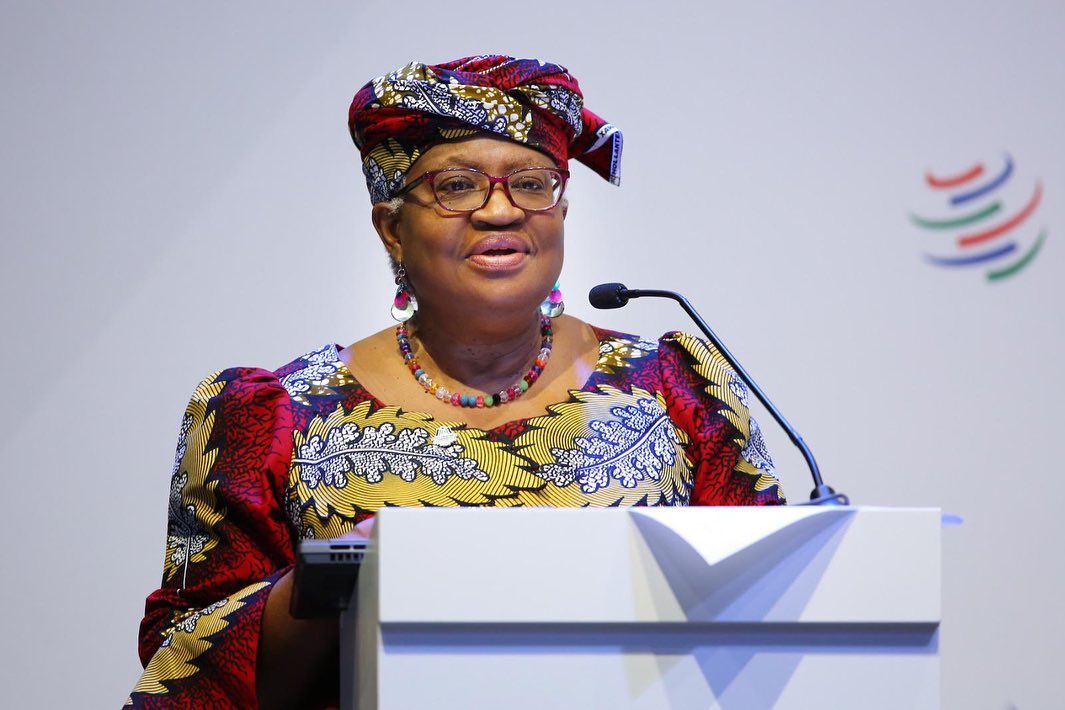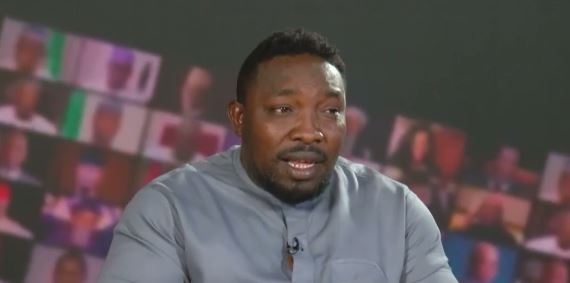Rebekah Vardy reveals the trauma of growing up a Jehovah’s Witness, brands it a ‘dangerous cult’
In Rebekah Vardy’s childhood home there were no birthdays or Christmases, television and books were censored and she was warned that youthful mischief or bad manners would bring down the wrath of God on her.
As a Jehovah’s Witness, she could not invite other children back to play, or sing hymns in her school assembly. Modesty was practised to the extent that she went through puberty without being told how her own body worked.
Her life and that of her extended family was governed by all-powerful ‘elders’ who sat in judgment with the right to cast people out of their closed community. Such was the dread of these men that when Rebekah told her mother she had been sexually abused from the age of 12, it was hushed up – for fear, she believes, of bringing shame on the family.
Now the WAG – the wife of Leicester City star Jamie Vardy, and a mother of five – is revealing this extraordinary and painful part of her past in a Channel 4 documentary. The 41-year-old is taking the role of reporter in front of the camera, interviewing other former Jehovah’s Witnesses and attempting to confront the movement at their £150 million UK headquarters in Essex.
‘I call it a cult,’ she says, speaking exclusively to The Mail on Sunday. ‘People are manipulated, brainwashed, it’s coercive behaviour and it is handed down from generation to generation. Once you’re in it, it’s so hard to see the bigger picture, which is that it’s wrong and immoral.
‘I spent my childhood fearful, being told we were going to die in Armageddon if we didn’t pray enough. I felt I had to constantly strive for perfection so that God would not be angry with me.
‘Jehovah’s Witnesses call someone who’s not a Witness a ‘worldly person’. I am the worst kind of worldly person because I have had the courage – along with all the people brave enough to talk to me for my documentary – to speak out against this religion and say it’s dangerous.’
The programme, which airs on Tuesday, is Rebekah’s first foray into the public eye since last year’s ‘Wagatha Christie’ High Court libel case. She sued Coleen Rooney after her fellow WAG accused her of leaking secrets from Coleen’s private Instagram account, which she denied. But the court found that Coleen’s statements were ‘substantially true’, leaving Rebekah with a legal bill estimated at £3 million.
The affair was turned into a sell-out stage play, a TV drama and a two-part documentary and it’s hard to reconcile the glamorous WAG at the heart of it with the lost and lonely little girl depicted in this documentary.
‘You never know what is going on behind the closed doors of a Witness house,’ says Rebekah. ‘It still fascinates me and it’s one of the reasons I wanted to make the programme. The other was the opportunity to explore the unanswered questions I had from my own childhood.’
Her formative years consisted of ‘Bible studies and knocking on people’s doors’, as preaching house-to-house is demanded of Jehovah’s Witnesses.
She says: ‘I was petrified, I cannot begin to tell you how traumatic it was when we met up on a Saturday, knowing we were going to be given our service rounds, thinking I might have to knock on the door of someone who was in my class. At school we used to get dragged out of assembly because we couldn’t sing the hymns or be present for any reference to religion, to Christian beliefs. If it was someone’s birthday, and everyone was singing ‘Happy Birthday to You’, that was the same, we had to leave. It was humiliating. Mortifying.’ Home life was also a minefield. Since Rebekah had not been allowed to learn the facts of life she was terrified when she started her periods and hid her underwear. ‘I thought there was something wrong with me, that I was disgusting, that I’d done something wrong.’
And if a character swore on TV, the set would be turned off instantly, with Rebekah believing she would have to pray harder that night to appease God. She says: ‘When I hear that sort of thing coming out of my mouth today, I think,’what a world…’ I don’t think you ever recover from it.’
At the age of 11 she felt the full force of the elders’ control over her family. Her mother suddenly fled the Jehovah’s Witness community in their home town of Norwich, taking Rebekah to live in Reading then Oxfordshire. Three decades later Rebekah still doesn’t know precisely why her mother upped sticks, but believes she may have had an affair. At some point her mother came to be disfellowshipped (expelled) by the sect and shunned by her fellow Witnesses.
In Oxfordshire, Rebekah was abused by a man known to the family, but not a Jehovah’s Witness, over a span of three years. She confided in her mother who turned to a Witness elder for guidance.
It was suggested to Rebekah she had merely ‘misinterpreted’ affectionate touching.
She says in the documentary: ‘What happened to me during my childhood still affects me every single day. From the age of around 12 years old, I was being abused. And instead of being supported, I was blamed, manipulated into believing it wasn’t the best thing to take it to the police.
‘I told my mum about the abuse that I was experiencing, and she cried. But she didn’t believe me. She told numerous members of the Jehovah’s Witness community.’
By this time Rebekah was a teenager, and the group called a meeting where ‘it was put to me I’d misinterpreted [as] abuse a form of affection. I knew that I hadn’t. I was well aware of what was right and what was wrong. And it was explained that I could potentially bring shame on my family.’
She says she was ‘basically manipulated into believing it wasn’t the best thing to do to take it any further and take it to the police. The impact on me was wild.’
‘I just blamed myself,’ she tells The Mail on Sunday. ‘I felt I hadn’t been good enough, I deserved it. It all goes back to that childhood pattern of seeking perfection.’
In the documentary she tracks down four similar cases. Waiving her right to anonymity and speaking on camera for the first time, a Northern Irish woman who was a Witness for half a century reveals how she was abused by an adult member of her congregation from the age of eight. But three pleas to elders went unanswered. It was as if the abuser ‘stole my life’, the survivor told Rebekah, explaining how she was the one who was punished by her old Witness congregation.
Eventually, in adulthood, she went to the police herself. Her abuser finally confessed on the first day of his trial and was given a suspended sentence.
She does not know if her mother is still a Witness, but her father has left, as has her sister. And her half-brother was never part of the organisation.
There are more than eight million Jehovah’s Witnesses worldwide and 130,000 in the UK, using their glossy magazine The Watchtower and online videos to promote their message. The religion was founded in the 1870s by American preacher Charles Taze Russell on Christian principles, although it diverges from mainstream Christian churches.
Jehovah’s Witnesses believe that at the End of Days those who strive for goodness will inhabit a paradise on Earth. In pursuit of goodness, they operate a strict moral code which rules out adultery, smoking, drinking, homosexuality, gluttony, and swearing.
Most famously, they are banned from having blood transfusions.

